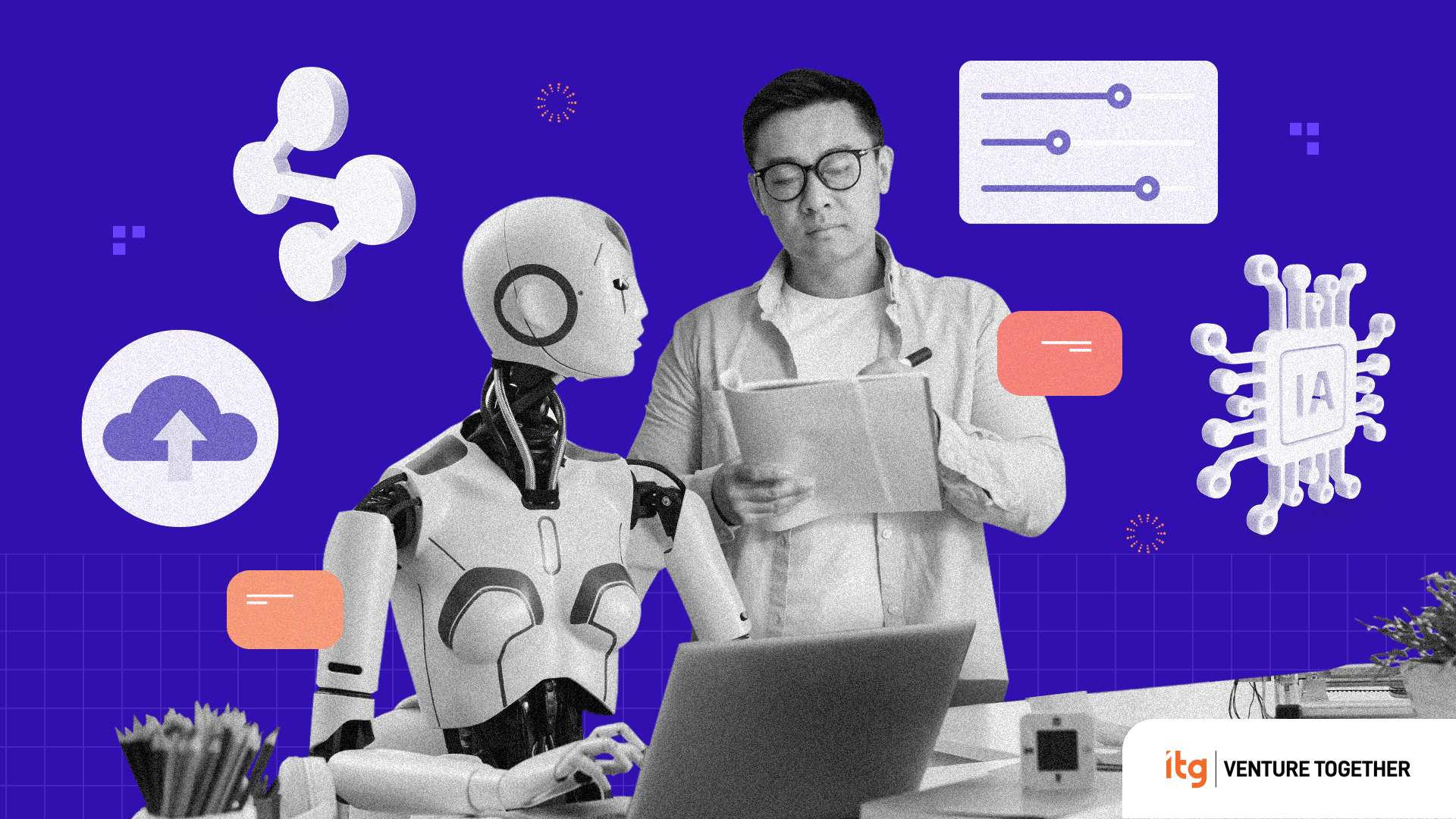From Manual to Computerized Accounting:
Here’s What You Need to Know
Here’s What You Need to Know
February 15, 2024 | Blog
When your business grows, the feeling of achievement is exhilarating. But what if, as you feel happy about the growth and development of your company, it overwhelms you instead? The anxiety of your manual accounting process not keeping up with your progress is somehow the gap for most businesses and companies rising to their peak. In some cases, even big enterprises that rely–fully or partly–on traditional accounting systems are haunted, too, by backlogs, inaccurate data, and time-consuming processes.
Why Computerized Accounting is Important for Thriving Businesses
The result? Overflowing tasks to accommodate the rising volume of business and client demands, only to have manual accounting to support you and your team. It’s valid. All businesses experience that, especially when it’s time to scale up your company’s accounting processes. In the research study of Walden University, Yonwanda Bullock shared that computerized accounting is important in this time and age, however, she emphasized that if a business doesn’t have the right and “accurate computerized accounting system” fit to their needs, including financial expertise and guidance, it can affect the entirety of business slope and financial decision.
Also read: Streamlining Financial Operations: How to Apply for BIR CAS in the Philippines
From Manual to Computerized: Factors You Need to Consider
IT Group, Inc., one of the leading IT Solution partners in the Philippines and the ASEAN region, with its technological partner, Oracle NetSuite, understands the first step towards venturing into new processes is to know the factors to consider because transitioning from manual to computerized accounting is a big leap that will create a significant impact on one’s business, helping to improve the efficiency, accuracy, and accessibility of your financial data.
Assessment and Planning
- The first step is to reflect on your business goals and assess your needs, most especially your opportunities to improve when it comes to your accounting process, such as the volume of your transactions and your reporting requirements.
- Find a partner that offers the right accounting software that fits your business needs, like the Oracle NetSuite Cloud ERP which offers a supreme tool to help you automate and streamline your accounting processes.
- Proper transitioning requires proper budgeting, which includes software and hardware costs, training, and potential consulting fees, to name a few.
- Set a feasible time frame for the transition. Study the best time to implement and consider data migration and employee training from beginning to end.
Data Migration
If your company is ready to elevate and invest in computerized accounting, it means data migration will be part of the process. It includes data backup of all your manual accounting records, data entry of your financial data into the new computerized system, and data verification to double-check accuracy, avoiding potential errors in the new system.
Hardware and Software Setup
In your digital transformation journey towards computerized accounting, hardware requirements are necessary, too. It must meet the accounting software’s system requirements so software installation can run smoothly on your servers and have a configured network to support multiple computers.
Training and Certification
Moreover, training will empower your team to know how the system works. Develop a comprehensive training plan for your employees to familiarize them with the new accounting software. It includes training sessions from online modules, tutorials, and hands-on practice to hiring external trainers for proper guidance.
Implementation Process
During the early phase of the implementation process, the parallel run will be the first step. It means your manual and computerized accounting are used simultaneously to identify discrepancies and key points, ensuring the new system works correctly. Review your data in the computerized system and make any necessary adjustments to correct discrepancies or errors that may have occurred during the parallel run. After the initial run, you can go live and officially transition to the computerized accounting system.
Take note: Have contingency plans in place and support from the Tech Experts to handle any potential issues during the live transition. Monitor the new system’s performance, address any issues or challenges that arise promptly, and conduct regular reconciliations to ensure accuracy with your financial records.
Also read: Navigating the Importance of Computerized Accounting Systems in the Philippines
Security and Backup
The next step for transitioning to computerized accounting is protecting your data. Implement and invest in robust security software, including access controls and encryption to avoid data loss, and establish regular backup and disaster recovery procedures.
Support and Maintenance
As your business continues to experience a digital transformation journey, it is best to keep in touch with your software provider for updates, patches, support, and troubleshooting. You can also set upskilling training for your employees for certification for continuous development, building your team that can handle simple to mid-complex issues in line with your new system.
Document, Review, and Adapt
Maintain comprehensive documentation of your accounting processes, software configurations, and any customizations made to your system so that you can have future references. The best way to ensure that computerized accounting is worth your investment is to periodically review your accounting processes and the performance of your new system to adapt to your evolving business needs.
Digital Transformation Starts with ITG and Oracle NetSuite
Remember that change is part of your business growth and taking the chance to transition from a manual to a computerized accounting system is a significant and big leap for your company. Be patient and proactive in addressing challenges that may arise during and after the transition to ensure a smooth and successful implementation. IT Group, Inc. and Oracle NetSuite, your certified and trusted partners, are here to support you in your digital transformation journey to achieve success in your business goals.





